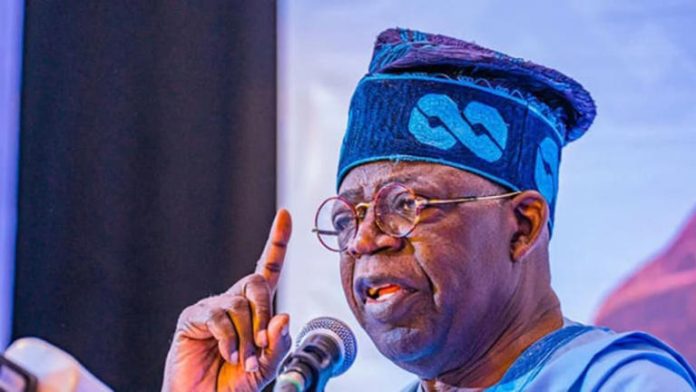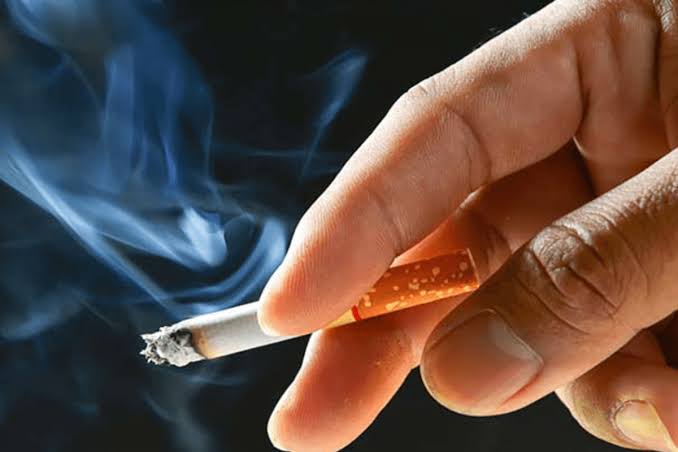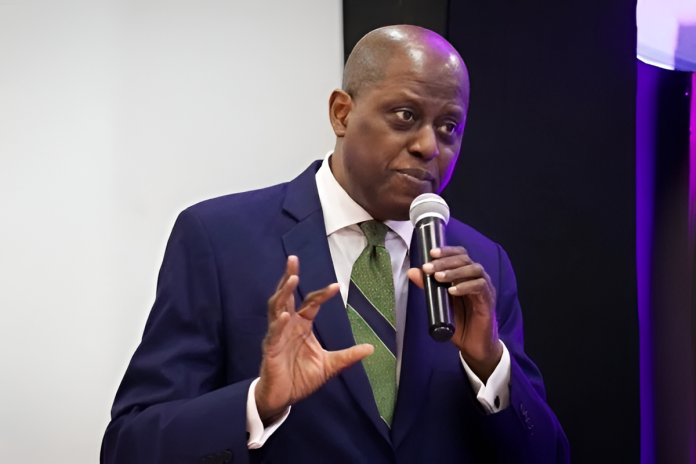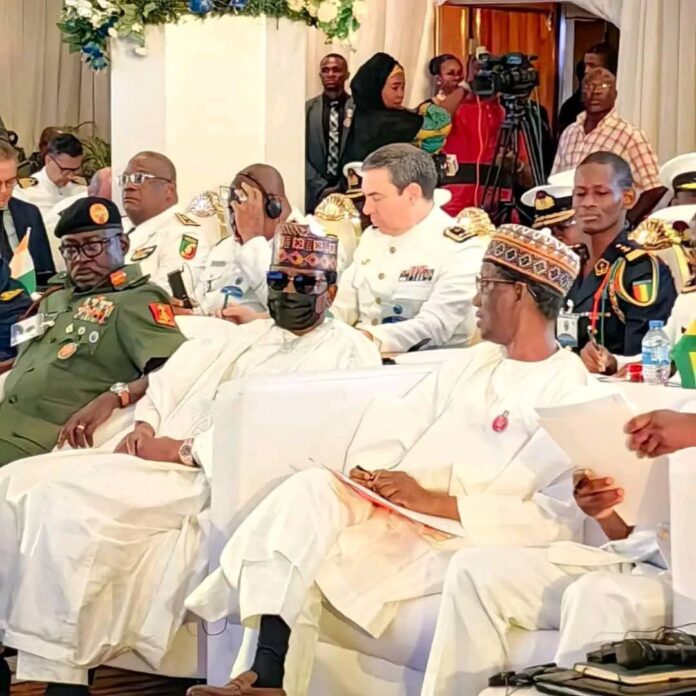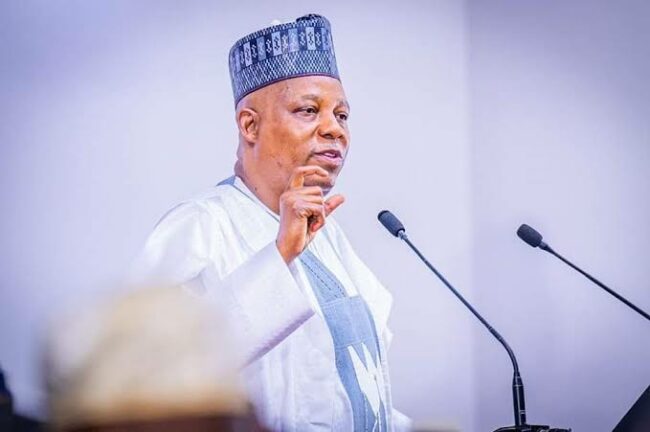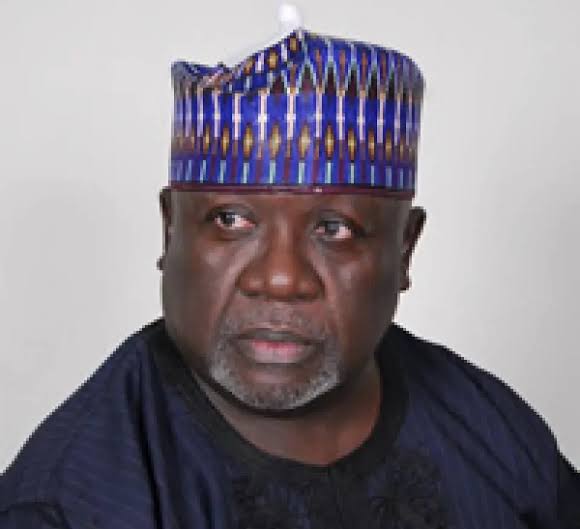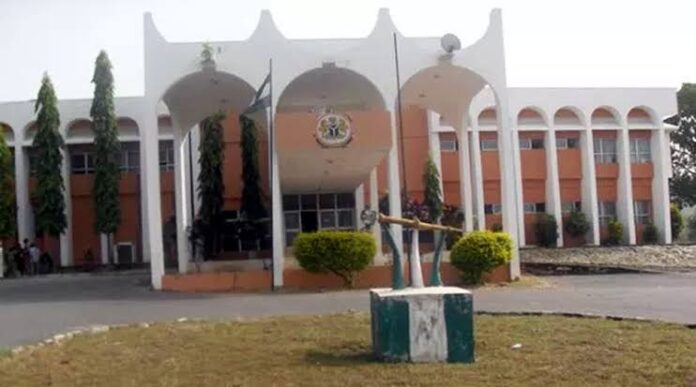As PETROAN laments N75 price difference between “PH, Dangote” refineries
By Charles Ebi
President Bola Tinubu has directed Nigerian National Petroleum Company ,NNPC, Limited to quickly reactivate the second unit of the Port Harcourt Refinery as well as the refineries in Warri and Kaduna.
This directive was given by the President via a statement issued on Tuesday by his Special Adviser of Information and Strategy, Mr Bayo Onanuga.
Mr Tinubu issued this order in reaction to the commencement of crude oil processing by the Port Harcourt refinery in Rivers State yesterday.
The facility began official loading of petroleum products, including the Premium Motor Spirit ,PMS, otherwise known as petrol, yesterday after gulping about $1.5 billion for rehabilitation.
This process started in 2021 under the administration of President Muhammadu Buhari, who his successor praised for “initiating the comprehensive rehabilitation of all our refineries”.
In the statement yesterday, the President noted that the reactivation of the remaining refineries would “significantly enhance domestic production capacity alongside the contributions of privately-owned refineries and make our country a major energy hub, with the gas sector also enjoying unprecedented attention by the administration”.
He affirmed his “administration’s determination to repair the nation’s refineries, aiming to eradicate the disheartening perception of Nigeria as a major crude oil producer that lacks the ability to refine its own resources for domestic consumption”.
Highlighting the values of patience, integrity, and accountability in the rebuilding of the nation’s infrastructure, President Tinubu called upon individuals, institutions, and citizens entrusted with responsibilities to maintain focus and uphold trust in their service to the nation.
“In alignment with the Renewed Hope Agenda focused on shared economic prosperity for all, the President reaffirms his administration’s commitment to achieving energy sufficiency, enhancing energy security, and boosting export capacity for Nigeria”, the statement said.
Mr Tinubu used the opportunity to laud the NNPC under the leadership of Mr Mele Kyari for his “unwavering dedication and commitment” in overcoming challenges to achieve this milestone.
In a related development, the Petroleum Products Retail Outlets Owners Association of Nigeria ,PETROAN, has said the price of Premium Motor Spirit, also known as petrol, being sold by the old Port Harcourt Refinery, which resumed production on Tuesday, is N75 per litre higher than that sold by the Dangote Refinery.
This was revealed by the association’s Public Relations Officer, Mr Joseph Obele, during the official reopening ceremony of the refinery, which is now operating at a capacity of 60,000 barrels per day.
The lifting price of Dangote’s petrol product is N990 per litre. However, the refinery announced a N20 discount on Sunday, which is only available to marketers buying a minimum of 2 million litres of the fuel.
Mr Obele, a former chairman of the Independent Petroleum Marketers Association of Nigeria ,IPMAN, at the Port Harcourt Deport who initially applauded the federal government for revitalising the old refinery, expressed concern over the pricing disparity between petrol supplied by the Nigerian National Petroleum Company ,NNPC, Limited and the Dangote Refinery.
According to him, while Dangote Refinery sells petrol to marketers at N970 per litre, NNPCL’s price stands at N1,045, a difference of N75 per litre.
He said the N75 price differential is a steep margin for businesses, particularly for an industry where profitability hinges on competitive pricing.
However, Mr Obele described the refinery’s restoration as a significant step in reducing Nigeria’s dependence on imported petroleum products.
He revealed that the Group Chief Executive Officer of NNPC Limited, Mr Mele Kyari, has promised to address the issue and harmonise prices to mitigate the impact on marketers and consumers.
The reopening of the Port Harcourt Refinery is expected to enhance local production capacity and reduce reliance on imports, a move welcomed by stakeholders across the sector.
However, concerns over pricing disparities underscore the need for continuous reforms to stabilise the downstream sector of the petroleum industry.
The reopening has also sparked anticipation for the rehabilitation of other state-owned refineries including the second refinery in Port Harcourt as well as the Warri and Kaduna structures.


